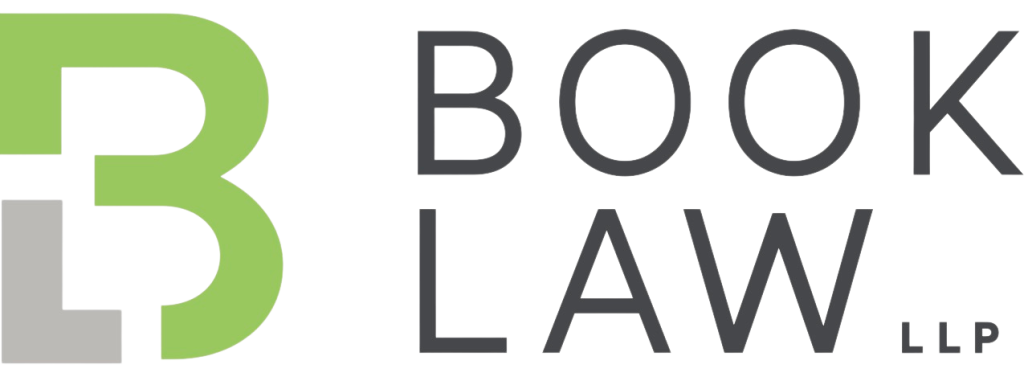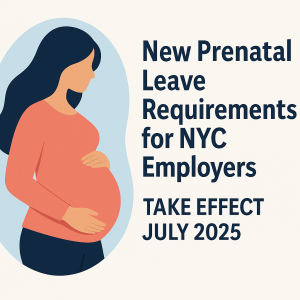The New York City Earned Sick and Safe Time Act (ESSTA) was amended by Senate Bill S7506B. Some of the amendments essentially mirror the new New York State Sick Leave law (NYSSL). The amendments were signed into law on September 28, 2020 and took effect on September 30, 2020, the same day the NYSSL went into effect.
Amount of Paid Leave: The amount of safe/sick leave time provided under the ESSTA now aligns with the NYSSL, as follows:
- Employers with four (4) or fewer employees in a calendar year and that had a net income of $1 million or less the previous tax year must provide each employee with up to forty (40) hours of unpaid safe/sick leave per calendar year.
- Employers with four (4) or fewer employees that had a net income of $1 million or more the previous tax year and employers with between five (5) and ninety-nine (99) employees in a calendar year and must provide each employee with up to forty (40) hours of paid safe/sick leave per calendar year.
- Employers with one hundred (100) or more employees in a calendar year must provide each employee with up to fifty-six (56) hours of paid safe/sick leave per calendar year.
Employers with fewer than five (5) employees, who were not previously required to provide paid leave, must allow their employees to accrue leave as of September 30, 2020 but will not be required to pay for the leave until January 1, 2021. Employers with 100 or more employees, who previously were required to provide 40 hours of paid leave per year, must allow their employees to accrue leave as of September 30, 2020 but will not be required to pay for the additional leave time until January 1, 2021.
Additional amendments to the ESSTA include the following:
Waiver of 120-Day Waiting Period: Newly-hired employees will no longer need to wait 120 days before utilizing their accrued leave.
Employee Eligibility: All employees who work in NYC, even fewer than 80 hours per year, now qualify for safe/sick leave under the ESSTA.
Qualifying Reason for “Safe Time”: Employees are now able to use safe leave when they or their family member has been a victim of domestic violence
Notice and Recording Requirements: Employers must provide notice to current employees of the ESSTA’s revisions no later than October 30, 2020, and to new employees when hired. The revised ESSTA now requires that the notice of rights shall be posted in an area in the employer’s workplace that is conspicuous and accessible to employees. Additionally, from September 30, 2020, employers are required to note on a pay statement or other form of written documentation given to employees every pay period the amount of safe/sick time accrued and used during each pay period along with the employee’s total remaining safe/sick time balance.
Reimbursement: The ESSTA allows employers to request documentation from employees who take three or more days of sick/safe leave. Prior to September 30, 2020, the employee bore the burden of any costs or expenses incurred to obtain such documentation. Now, pursuant to the amendments, employers must reimburse employees for all such reasonable costs or expenses incurred.
Anti-Retaliation: The revised ESSTA lowers the bar for an employee to prove that they experienced retaliation in the workplace by expanding on what adverse actions would be prohibited and considered retaliatory.
Enforcement of ESSTA: The amendments expand the authority of the Department of Consumer and Work Protection (“DCA”) to investigate violations, permit the NYC Corporation Counsel to bring civil actions on behalf of the DCA to enforce the law, and impose additional fines and penalties on employers.
NYC has not yet amended its regulations to conform to the amendments.
If you have any questions or concerns about the recent amendments to NYC’s Earned Safe and Sick Leave law, please contact Chaim Book at cbook@mb-llp.com or Sheryl Galler at sgaller@mb-llp.com.

